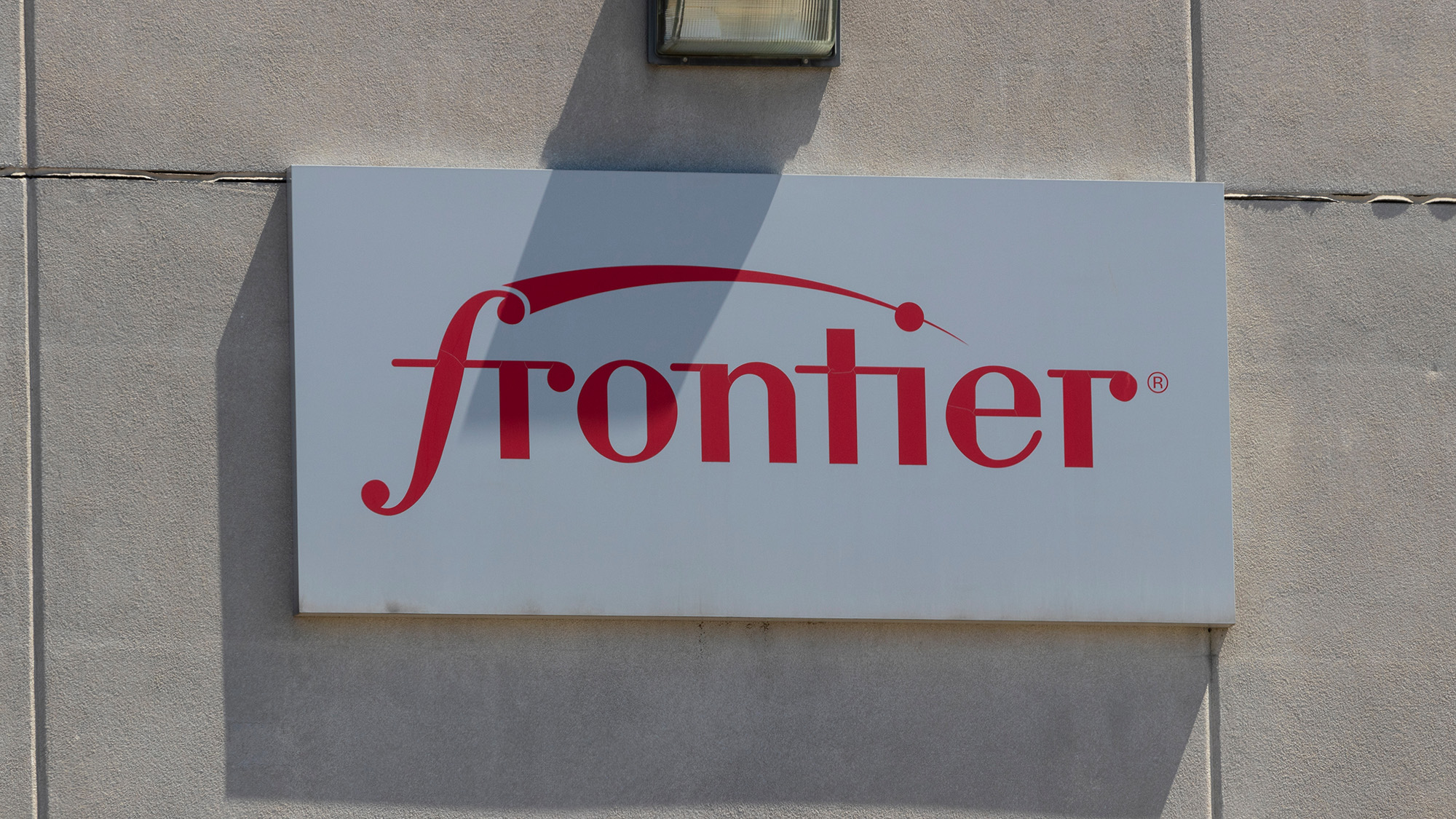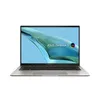Huge Frontier hack exposed personal info of 750,000 customers — including Social Security numbers
This is bad news for a lot of people

Here at Tom’s Guide our expert editors are committed to bringing you the best news, reviews and guides to help you stay informed and ahead of the curve!
You are now subscribed
Your newsletter sign-up was successful
Want to add more newsletters?

Daily (Mon-Sun)
Tom's Guide Daily
Sign up to get the latest updates on all of your favorite content! From cutting-edge tech news and the hottest streaming buzz to unbeatable deals on the best products and in-depth reviews, we’ve got you covered.

Weekly on Thursday
Tom's AI Guide
Be AI savvy with your weekly newsletter summing up all the biggest AI news you need to know. Plus, analysis from our AI editor and tips on how to use the latest AI tools!

Weekly on Friday
Tom's iGuide
Unlock the vast world of Apple news straight to your inbox. With coverage on everything from exciting product launches to essential software updates, this is your go-to source for the latest updates on all the best Apple content.

Weekly on Monday
Tom's Streaming Guide
Our weekly newsletter is expertly crafted to immerse you in the world of streaming. Stay updated on the latest releases and our top recommendations across your favorite streaming platforms.
Join the club
Get full access to premium articles, exclusive features and a growing list of member rewards.
Frontier has notified approximately 750,000 of its customers of a data breach conducted by a ransomware group in April. These types of hacks seem to be commonplace for large companies, as we seem to be reporting on something like this happening every other day.
What makes the Frontier hack particularly concerning, though, is that customers' full names and Social Security numbers were stolen, as reported by Bleeping Computer. The hackers also claim to have even more information on Frontier's customers, though having the Social Security numbers is about as bad as it gets.
According to the letter Frontier submitted to the Office of the Maine Attorney General and sent to affected customers, the attack allowed hackers to access 751,895 people’s personal data on the company's systems in total. Frontier is offering those with information in the attack one year of free credit monitoring and identity theft services, which is a small consolation for those who had their Social Security numbers and other personal data stolen. Still, at least it allows the customers to see if their stolen data is being used for anything malicious.
The attack allowed hackers to access 751,895 people’s personal data on the company's systems in total.
A ransomware group executed the hack, and it is threatening to release the information on all the customers unless Frontier receives money. The hackers say they'll release all of the information if they're not paid by June 14, which is right around the corner.
The group actually accepted responsibility for the attack on June 4. They claim to have information on more than two million customers, which is more than double the number Frontier officially notified and included in its statement. They claim the full dataset includes each customer's full name, physical address, date of birth, social security number, email address, credit score and phone number.
Since the attack, Frontier claims to have bolstered its network security and notified regulatory authorities and law enforcement. According to a securities filing, the company was forced to shut down some of its systems to contain the incident. The company hasn't said whether it intends to meet the hackers' demands or how much money the ransomware group is demanding.
More from Tom's Guide
- Apple reportedly has secret weapon in AI wars — what's the virtual black box?
- Honor's multilayer AI ecosystem is exactly how I think Apple will approach the tech
- AI-generated voice scams on the rise — 5 tips to protect yourself and your family
Get instant access to breaking news, the hottest reviews, great deals and helpful tips.

Dave LeClair is the Senior News Editor for Tom's Guide, keeping his finger on the pulse of all things technology. He loves taking the complicated happenings in the tech world and explaining why they matter. Whether Apple is announcing the next big thing in the mobile space or a small startup advancing generative AI, Dave will apply his experience to help you figure out what's happening and why it's relevant to your life.
 Club Benefits
Club Benefits















